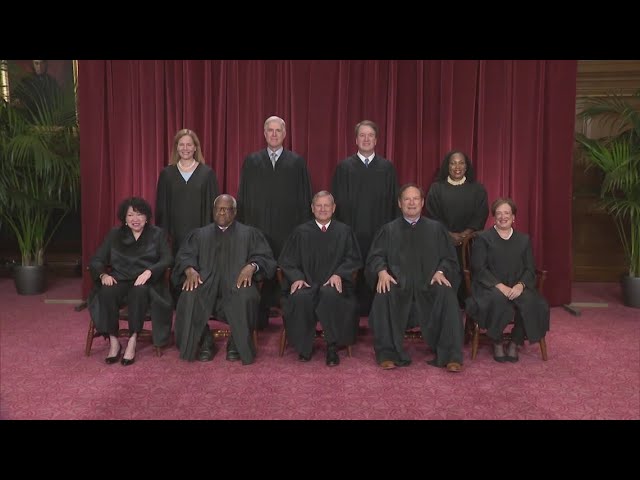The minority leader’s support all but guarantees that the stopgap funding bill will be able to pass the Senate.
WASHINGTON—Senate Minority Leader Chuck Schumer (D-N.Y.) announced that he will support advancing a House-passed stopgap funding bill, effectively foreclosing the risk of a government shutdown.
“I will vote to keep the government open and not shut down the government,” Schumer said in a March 13 speech on the Senate floor.
If the government shuts down, Schumer said, “communities that depend on government services to function will suffer, and will suffer greatly.”
Schumer also said that allowing a government shutdown would be “a gift” to President Donald Trump and would empower his efforts in reducing the federal workforce and spending.
“As bad as a [continuing resolution] is, allowing Donald Trump to take more power through a government shutdown is an even worse option,” Schumer said. He said that the Department of Government Efficiency (DOGE) and the administration would be granted far greater discretion to determine what constitutes an essential employee.
The minority leader had said the day before that Senate Democrats would not vote for the funding bill passed by House Republicans.
The stopgap funding legislation, passed by the House on March 11, would punt the deadline for government funding from March 14 to Sept. 30, aligning with the final day of the fiscal year. It cuts about $7 billion in spending, including a $13 billion cut from nondefense spending.
The House’s near party-line passage of the bill—including defections from Rep. Thomas Massie (R-Ky.), who opposed it, and Rep. Jared Golden (D-Maine), who supported it—raised questions about its fate in the Senate, where most bills need at least 60 votes to overcome the filibuster and proceed to a simple majority vote.
In the Senate, as in the House, several Republicans have historically opposed the concept of a stopgap funding bill—dubbed a “continuing resolution” in Capitol Hill parlance—on principle. Historically, as many as 15 to 25 Senate Republicans have voted against such bills, which rarely are able to pass without bipartisan support.
Sen. Rand Paul (R-Ky.), one of the Senate’s most outspoken budget hawks, said that he plans to propose an amendment called the “DOGE 1.0” amendment, which would begin the process of instituting certain cuts related to foreign aid proposed by DOGE.
By Joseph Lord, Jackson Richman and Arjun Singh








